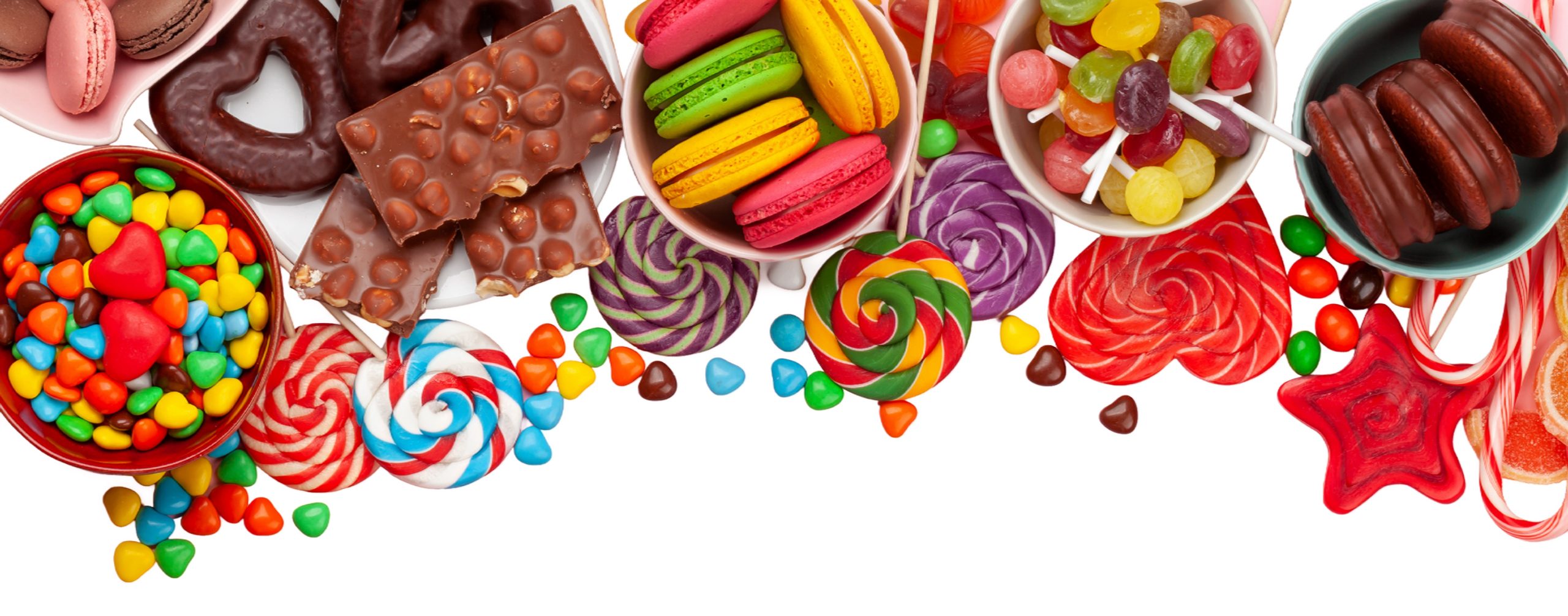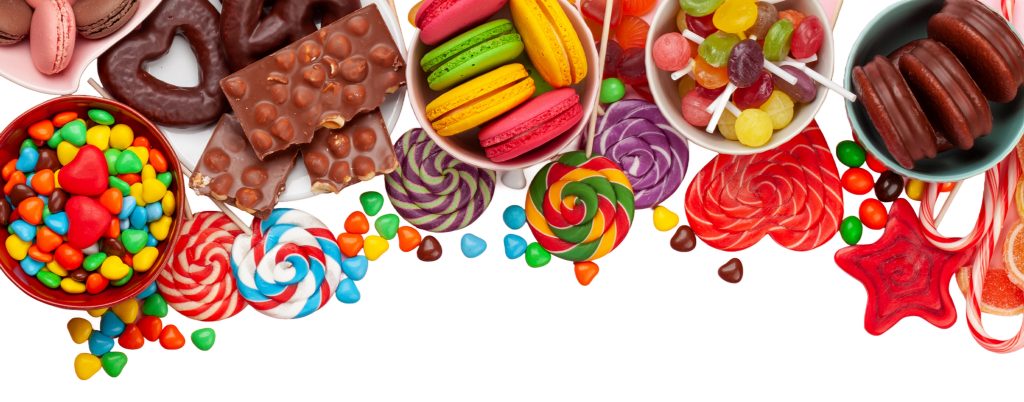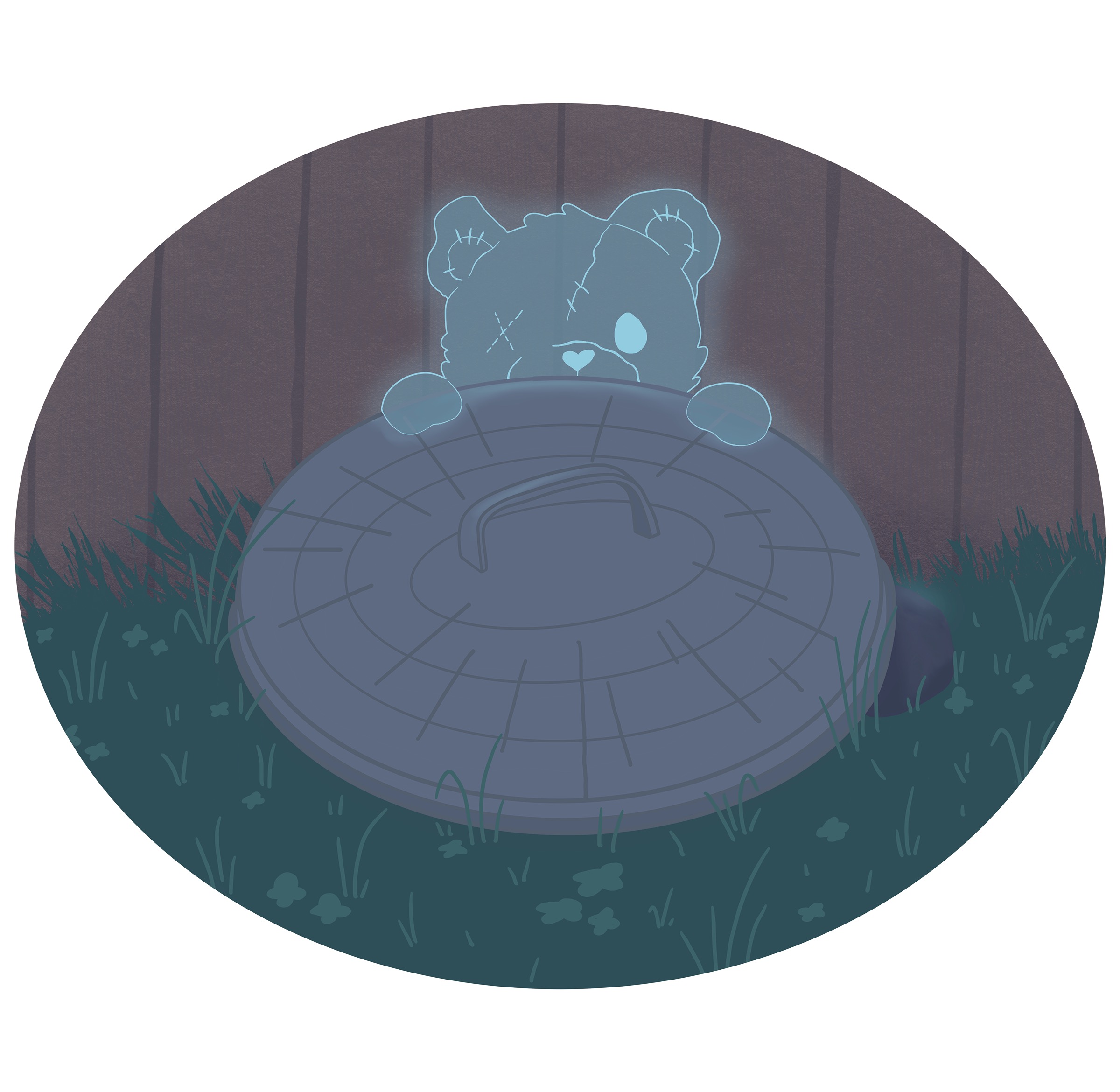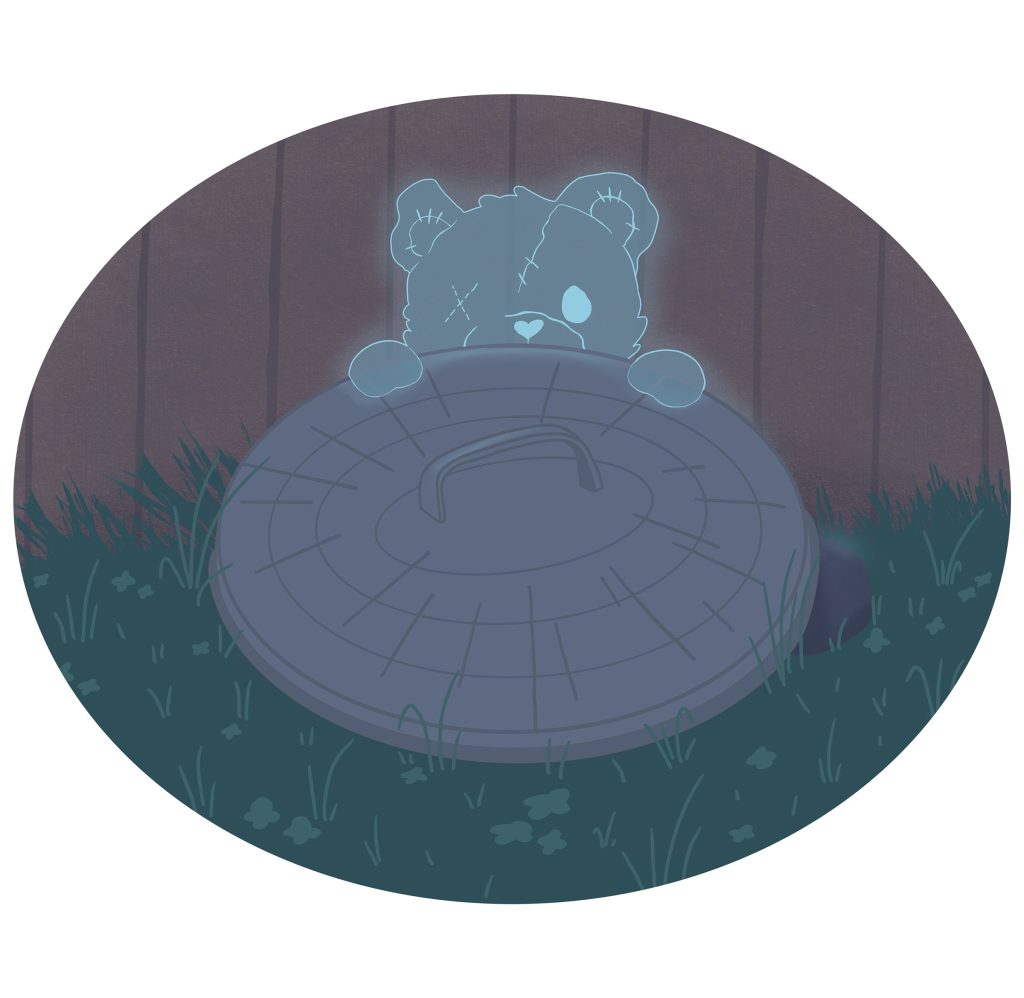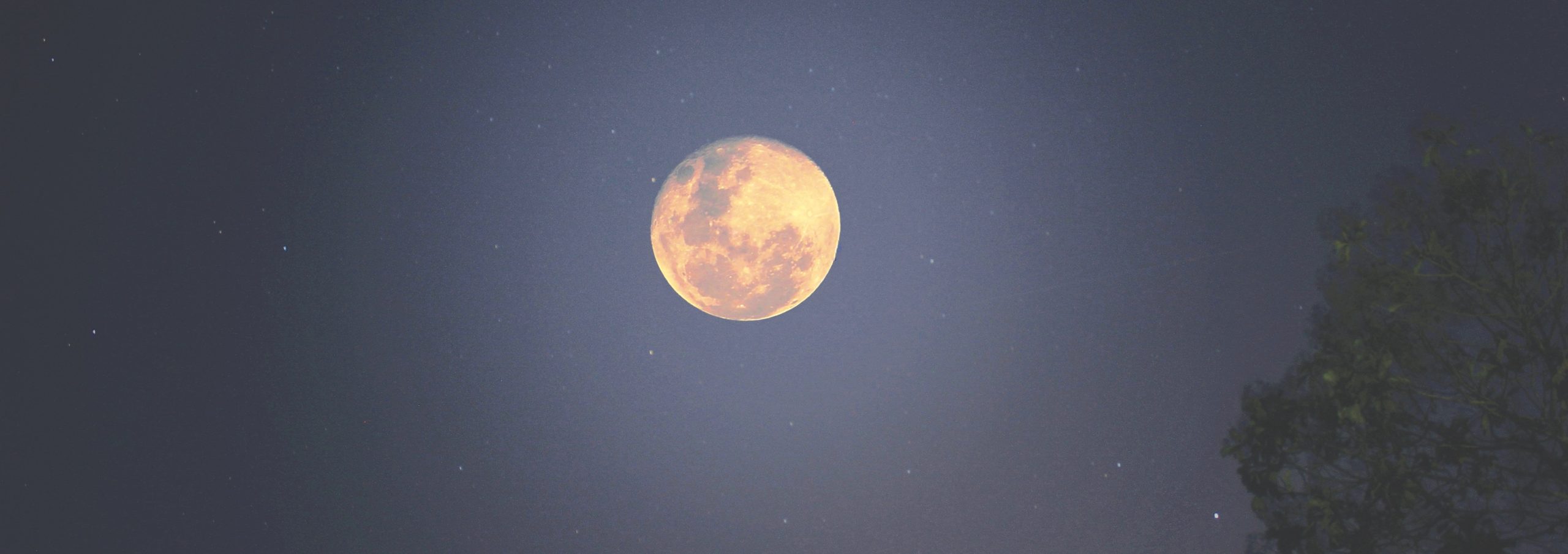Home Grown
HOME GROWN
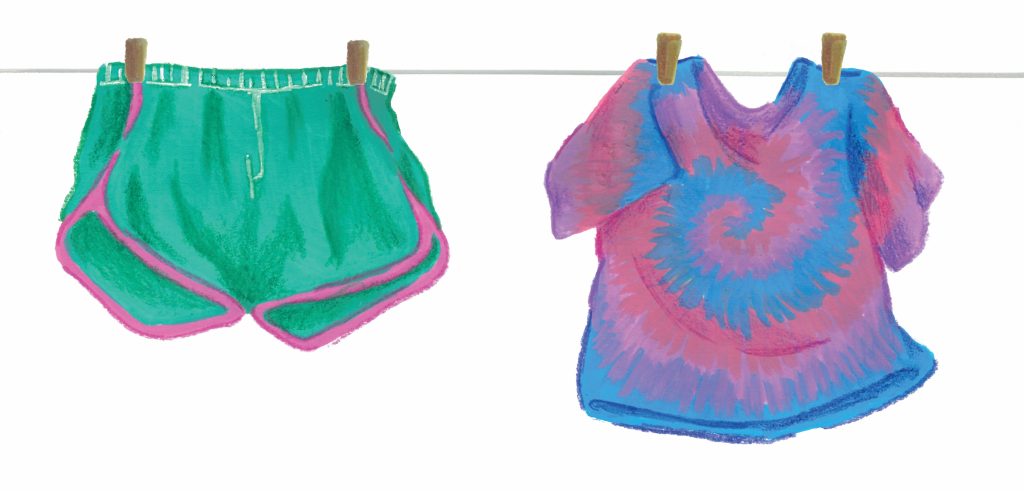
Kissing Fashion Crimes Goodbye
Confessing to questionable dressing
By Cynthia Adams
A few friends met at a wine bar where our topics flowed as freely as the wine. We’re a book club, yet we discuss (in no particular order) books, travel, headlines and get-ups we deeply regretted having ever worn outside the house.
It took getting wine-d up to confess regrettables we not only had worn but that we still had hanging in our closets. Bohemian garb the late Diane Keaton might have managed to swan around in, but not us mere mortals.
Somehow, crimes of the heart figured into our respective fashion offense confessionals.
I will not name names, but, among other things, one friend confesses to wearing Boogie Nights-like neon running shorts with pantyhose, topped by a yellow scoop-neck shirt (sporting a frog graphic). This was her “kiss outfit,” so-named not after Kiss the band, but because it was worn to sneak with her sixth-grade boyfriend to the attic for a long-planned smooching session.
She lost her nerve and bolted before kiss consummation, a shame because the boyfriend moved away and became an actor in Friends.
“He was much more complex than the character he played,” she insists as we mopped tears of laughter from our eyes.
Another friend, who formerly owned a vintage clothing store, thought nothing of wearing a head-to-toe tie-dyed ensemble. “I thought I looked great,” she says, laughing and choking on a sip.
Tie-dye, overalls, suede jackets with long fringe were all cherished fashion staples. She especially enjoyed sporting a beloved polka-dotted tent dress.
A favorite admission following a pinot noir: “If the hemline of my skirt was longer than my fingertips, then it was too long.” We envision our friend twirling away in her polka-dotted dress and laugh even harder.
My own confession centers around a big yellow school bus and Johnny Teeter, my first big crush, who drove No. 15 to Bethel Elementary.
Love for Johnny drove me to commit a most regrettable fashion misfire.
As Mom tamed my hair into a ponytail most mornings, Johnny honked the horn and waited. My skinny knees knocked together as I ran down the gravel drive, kicking up a cloud of dust. I was breathless by the time the bus door swung open; not due to exertion but the thundering of my heart as Johnny flashed his beautiful pearly whites. He had many assets, but I thought he had the most amazing smile I’d ever seen.
If I got into a scuffle with Buddy the bus bully, Johnny would stop the bus and intervene, pulling me safely to a seat.
Johnny was the perfect guy.
Regrettably, he thought I was too young, which increased my ardor to prove a 12-year difference between a 6- and 18-year-old meant nothing.
But how?
One fine morning, I slipped out of the house wearing my mother’s purloined girdle (pinned up) and sexy stockings. It was my version of a kiss outfit, hoping to strike Johnny with just how mature I had grown in recent weeks. As I crossed the road with shoulders high, hoping to catch his eye, the thing fell down, puddled around my brown penny loafers.
I had certainly caught his eye.
Johnny jumped out, bundling the girdle and hose into my book bag. Red faced, I took a seat on the bus as Buddy bellowed with laughter.
Was it love that was driving me and my friends to assorted, well-intended, fashion mortifications?
Like toting my awkward leather prison purse — the one my father tooled during his unfortunate incarceration at Maxwell Air Force Base.
Dad, you see, was a free spirit — so free he stopped paying his income tax until the actual Men in Black from the IRS came to our door and served notice that his life was about to change.
Say what you will about minimum-security prisons: The godawful fact was that Dad just so happened to be incarcerated with White House counsel Charles Colson. My father protested to the warden that being sent to the same prison as a Nixon defender was cruel and unusual punishment.
He and Colson peeled potatoes while dissecting the finer points of Watergate. They made prison purses and string art. Despite a wary truce, Dad never trusted Colson’s “jailhouse religion.”
When Dad returned, he presented the leather bag to a daughter who had missed him so with pride. After all, he had spent much of his three months at Maxwell making it. The purse accessorized my permed hair, maxi dresses, pink corduroy hip huggers. It could have been worse.
But I never wore a girdle and hose again, not even in the name of love.


